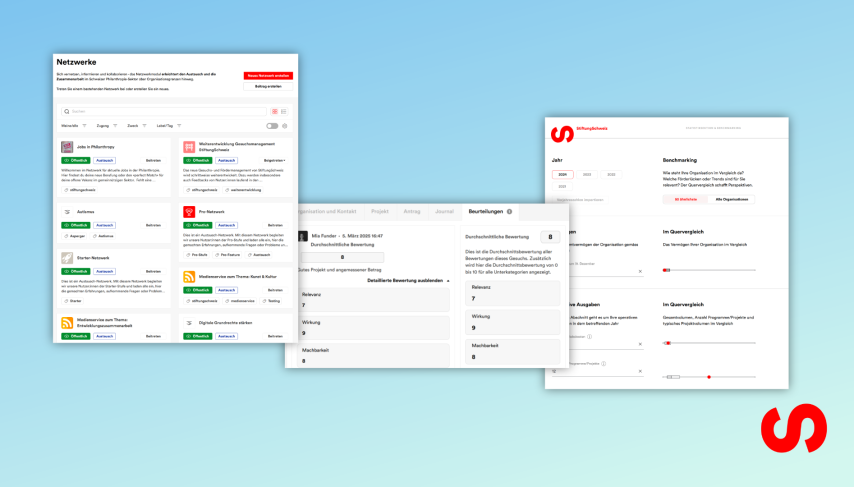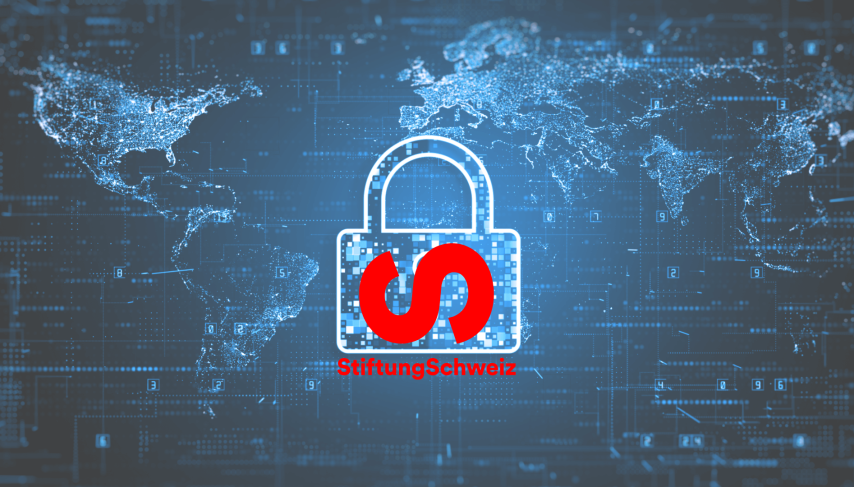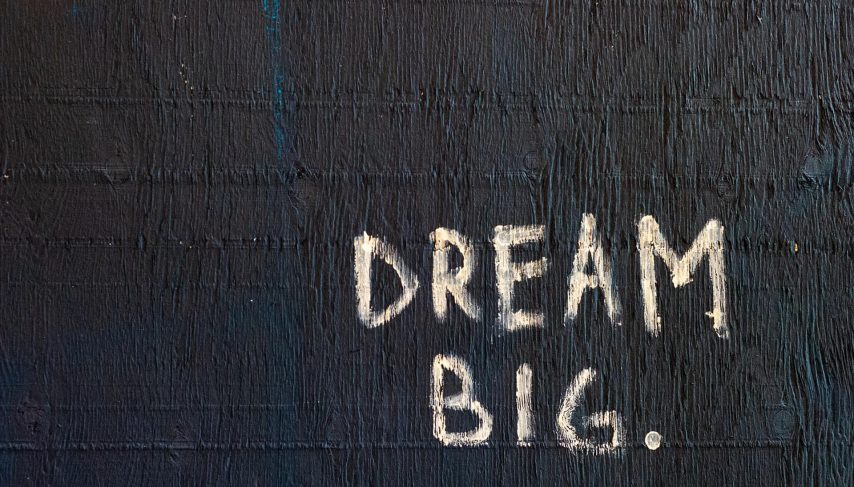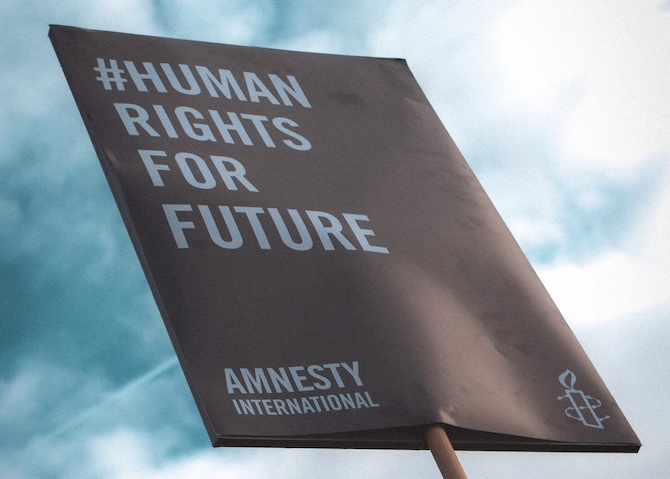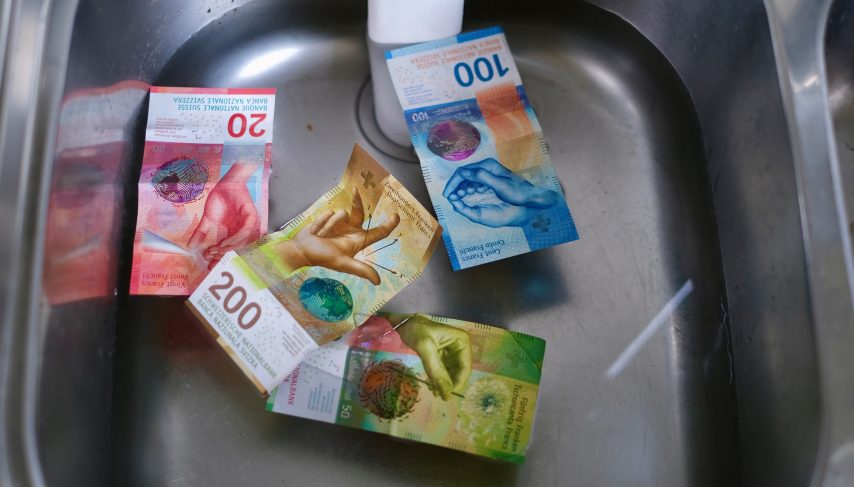
Almost every aspect of our lives has gone digital in recent years – and so has giving. Online donations via our donation platform are convenient and open up new possibilities, for example also a thematic donation mandate. Join us on a journey through Swiss money laundering regulations! In this article, we show you how stiftungschweiz.ch is affected by the money laundering legislation and what we are doing to ensure that our platform is as secure as possible.
What Switzerland is doing against money laundering…
Switzerland is known for its precision, from watchmaking to banking. However, money laundering regulations have long been managed internationally. It stands to reason that regulations that stop at borders don’t really work. The Financial Action Task Force (FATF) in Paris, for example, sets the pace with its regular reviews of individual countries’ money laundering standards. The last FATF audit of Switzerland took place in 2016 (with a follow-up report in 2020); a lot has happened since then and has been incorporated into the new money laundering legislation in force since the beginning of the year.
However, two objections remain and are currently the subject of political consultation. On the one hand, a register for the identification of beneficial owners is being examined as a supplement to the commercial register. This is because the beneficial owner is a crucial factor in money laundering – more on this later. On the other hand, lawyers and notaries have so far been able to successfully defend themselves against being subjected to money laundering legislation; the Panama Papers have clearly shown that there is a hole to be plugged here. The consultation is ongoing, but in the near future, a lawyer who sells a company or manages a foundation will probably also be subject to the money laundering legislation.
…and what StiftungSchweiz is doing about it.
What surprises many readers: StiftungSchweiz is also subject to the Money Laundering Act. By operating our donation platform, we act as a service provider for payment transactions. We fall into the category of “other financial intermediaries”, and are therefore affiliated with a self-regulatory organization (SRO), in our case the Association for Quality Assurance of Financial Services VQF, founded in 1998.
As a member of the self-regulatory organization, we conduct an annual self-declaration and are regularly externally audited. Above all, however, we assess all our business relationships on the basis of their risk. In our case, this mainly concerns so-called politically exposed persons, in particular active national politicians in Switzerland, foreign politicians or officials in international organizations such as the ICRC or FIFA. Business relationships with politically exposed persons are automatically business relationships with increased risk, for which a risk-based plausibility check must be carried out.
But what does a donation have to do with money laundering anyway? Money laundering occurs when assets originate from a crime or qualified tax offense and this origin is subsequently concealed. This is true regardless of where these assets are moved. Money laundering therefore also occurs when such funds are donated to a charitable and tax-exempt recipient organization. This case is unlikely, because the assets are then not accessible to the owner, but it cannot be ruled out.
Money Laundering Audit in Practice
At StiftungSchweiz, we help nonprofits and funders focus on impact and collaboration in philanthropy. This should happen as smoothly as possible. For the donation platform, this means: We take care of compliance with the laws and regulations against money laundering, so you can be sure that every franc deposited comes from a clean source in this sense.
Specifically, using modern tools, we check every donation against international blacklists. If a donor is listed there and thus a business relationship with increased risk exists, the case is plausibility-checked on a risk basis. With small donations, this can usually be done quickly, unless there is a suspicion of smurfing, i.e. the tactical division of a larger donation into many smaller amounts. Our platform is also armed against this and automatically detects repeated donations.
For larger donations, we create a so-called money laundering file in accordance with the regulations, in which we document the identification of the donor and all necessary steps of the risk-based plausibility check of the origin of the donation. The security of your personal data is guaranteed by our unique data mission statement and our careful implementation of data protection .
The future is digital (and secure)
Digital giving is not a flash in the pan, it is a strong trend. As a leading platform, however, we do not enter this stage at stiftungschweiz.ch blindfolded, but with the certainty that every franc donated is protected by strict regulations and a modern security concept.
So the next time you feel the urge to financially support a cause close to your heart, remember: digital giving, especially through platforms that have comprehensive approaches in place to protect the receiving organization, is not only convenient – it’s also safe. At StiftungSchweiz, this future of philanthropy has already begun.




